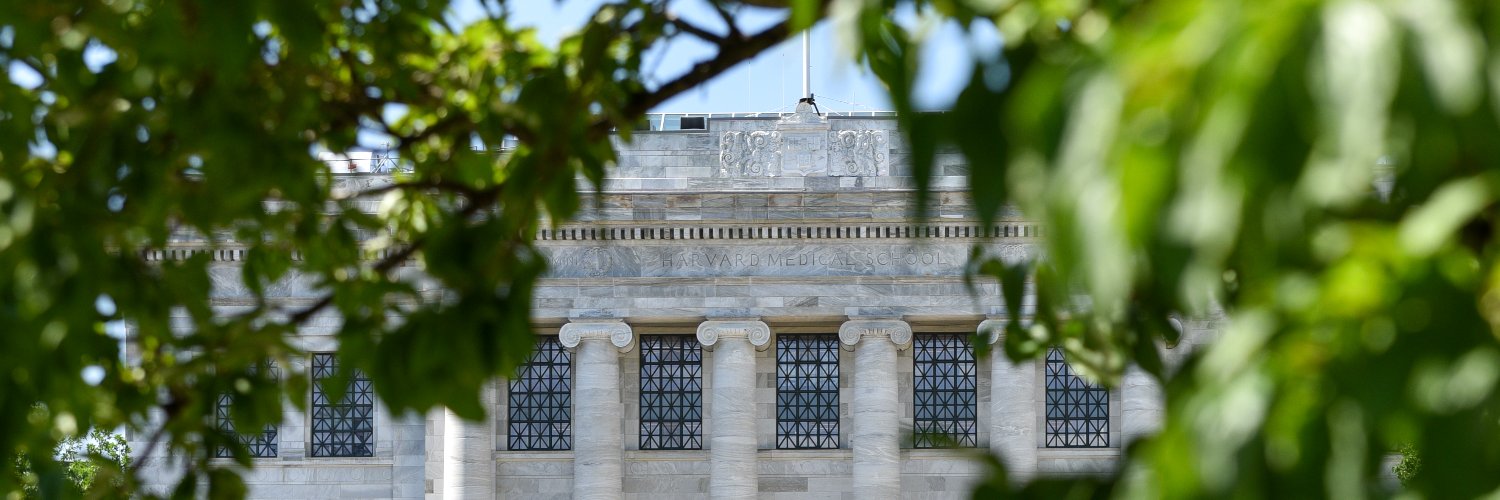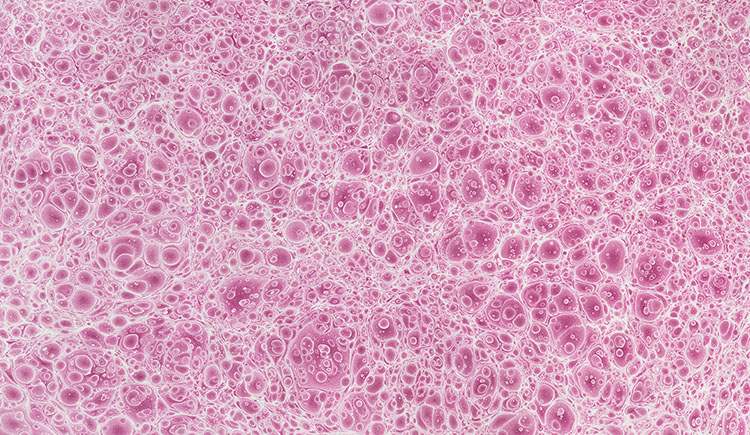
Harvard Medical School
@harvardmed
Official Twitter home of Harvard Medical School, featuring our advances in biomedical research, trends in medical education, and more.
David Liu’s lab, which played a vital role in developing base editing, advised the team that treated baby KJ for a rare genetic disorder using CRISPR technology bit.ly/3HtTakK

How Harvard Medical School and industry scientists revolutionized cancer treatment
Burned-out primary care physicians are increasingly seeking safe haven in concierge care and other free-market models of practice. HMS researcher Zirui Song discusses the pros and cons of concierge medicine. bit.ly/44aABLq

Shira Weingarten-Gabbay is uncovering the inner workings of viruses to help the immune system ward off diseases of today and tomorrow bit.ly/4lqdRN2

HMS microbiologist Braden Tierney found a microorganism his team calls “Chonkus,” which is remarkably efficient at consuming carbon dioxide. Now he’s searching for other microbes doing remarkable things that humans could make use of. (via @NPR) n.pr/4lsgJZQ

Recent graduate Alexandra Lish wants to rewrite the script for Alzheimer’s sufferers by studying how genetics drive individual differences in the progression of the disease. bit.ly/4lb3b5l

The 2025 Warren Alpert Foundation Prize has been awarded to three scientists whose discoveries culminated in the development of lenacapavir, a medication used to treat and prevent HIV. bit.ly/3ZDROdv

A new method to turns stem cells into more authentic microglia-like cells can improve scientists’ ability to study diseases like Alzheimer’s and ALS and accelerate the search for targeted therapies bit.ly/409AIEn

A new technique expands cells to sequence DNA and capture fine structural details, providing insight into how disruptions in the nucleus of the cell can impact health and disease broadinstitute.org/news/new-techn…
Nicole Maestas, head of the HMS Department of Health Care Policy, explains how federal funding cuts threaten the quality and sustainability of care bit.ly/43UsIby

A new AI tool developed by researchers at Mass General Brigham and Harvard Medical School uses a snapshot of a patient’s face to predict biological age and cancer survival time, knowledge that physicians can use to tailor treatments bit.ly/3Zonun2

Corey Allard, assistant professor of cell biology, studies species with an unusual trait or behavior to reveal insights about basic biology that can deepen understanding of disease and lead to the development of new treatments bit.ly/4kVdCJP

HMS faculty member Julia Merkenschlager is working to unlock the secrets of how the immune system selects the best antibodies for the job through a process of cellular competition and collaboration bit.ly/4jqENLf

A new study shows mutations in the Integrator complex — linked to cancers, blood disorders, neurodevelopmental abnormalities, and other diseases — cause chronic stress in cells bit.ly/4mIdFdF

A new AI tool opens the door to “future-proof” vaccines by predicting how a rapidly mutating virus may evolve next bit.ly/4mTgZmq

Thursday evening, Harvard Medical School celebrated 147 scholars who received their doctoral hoods. Congratulations, Class of 2025! bit.ly/4dBNMb8

More than 200 new MDs and DMDs gathered with family, friends, and faculty to celebrate their graduation from Harvard Medical School and the Harvard School of Dental Medicine today. Congrats to our new physicians and dentists! bit.ly/3FwnRoT

Congratulations to the graduates of the 9 Harvard Medical School master’s degree programs! bit.ly/4kq0igD

HMS Professor Beth Stevens has transformed thinking about microglial cells, demonstrating that aberrant pruning can contribute to Alzheimer’s disease, Huntington’s disease, and other disorders bit.ly/3RX2O1h

HMS Professor Beth Stevens has transformed thinking about microglial cells, demonstrating that aberrant pruning can contribute to Alzheimer’s disease, Huntington’s disease, and other disorders bit.ly/3RX2O1h
